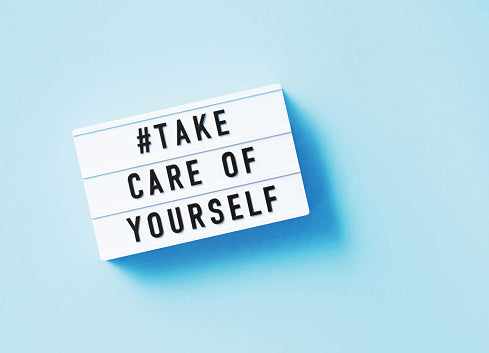
3 Free Mental Health Resources for Heatlhcare Workers
In the last few years, the conversation surrounding mental health has been propelled into focus. It’s a delicate subject, but one that needs to be discussed, especially when it pertains to healthcare workers themselves.
Healthcare workers are so amazing at taking care of others' mental and physical health but they’re humans too, who have had to deal with unprecedented events in their jobs in the last few years. That can take a huge toll on overall well-being. While there is no doubt healthcare professionals are devoted and incredible and juggling a million things at once, at the end of the day, we all are susceptible to the effects of prolonged stress.
Research conducted by the CDC during the height of the Pandemic (Sept 2020) found that “many health workers are feeling the weight of these challenges and this has intensified with the onset of the COVID-19 pandemic. Shortages in staffing and personal protective equipment, and fatigue, loss, and grief have added a new level of burden to health workers. 93% of health workers reported being stressed out and stretched too thin; 82% shared being emotionally and physically exhausted; and 45% of nurses reported that they were not getting enough emotional support. Other studies during the pandemic found that nurses, frontline, and younger workers reported more severe psychological symptoms than other health workers”.
Two years later, even as the news cycle has moved on and the conversation has shifted to other matters, healthcare workers are still dealing with the mental and emotional toll that Covid-19 is continuing to have on their day-to-day lives.
A 2022 study by TrustedHealth.com asked a group of healthcare workers to “measure their current mental health and well-being using a scale of 1-10”. Nurses averaged 5.8 in 2022, compared to an average of 7.8 prior to the COVID-19 crisis.
The reality is that the global pandemic is continuing to have an effect on the mental health of our healthcare professionals. Finding the right support is vital, and one silver lining of this pandemic has been a significant increase in the number of resources available for healthcare workers.
Below are three helpful services that are immediately available to any medical professional who needs it. Please note, there is no compensation or referral commission for us to share these resources.
Therapy Aid Coalition
Therapy Aid Coalition was launched in March of 2020 as a direct response to the COVID-19 pandemic. TACs mission is to connect healthcare workers and first responders with free and low-cost online therapy. In just 2 and a half short years, they have built a national network of psychotherapists within all 50 US States who are on hand to provide counseling and therapy services. Their website is super approachable, and when going through the process, you can select that you are looking for a free service, or you have the option to outline the maximum amount you can pay per session (between $5-$50).
The Emotional PPE Project
The Emotional PPE Project was started by members of the healthcare community after experiencing how difficult it can be for a healthcare worker to find mental health support when also dealing with the exhausting reality of COVID-19. This initiative aims to remove the stigma surrounding medical professionals seeking mental health care, and connects healthcare workers to licensed mental health professionals who can help. There’s no cost, and you don't need insurance.
Heroes Health Initiative
The Heroes Health Initiative is an app-based initiative that offers assessments that help healthcare workers and first responders “self-monitor their mental well-being in the same way that they might monitor their blood pressure or other vital signs”. The app is a hub of support and provides links to access immediate support and mental health resources for issues like sleep and stress, emphasizing services that are free or low-cost.
Heroes Health was developed in partnership with the University of North Carolina (UNC) School of Medicine, UNC Health, and X Development, a subsidiary of Google’s parent company Alphabet. It can be used by medical establishments to assess when their staff needs more support, but is also an incredible resource for an individual.
Deciding to prioritize yourself and your mental healthcare is the first step, so hope these resources will help anyone working in healthcare who might be feeling overwhelmed and in need of support.
SHARE:




